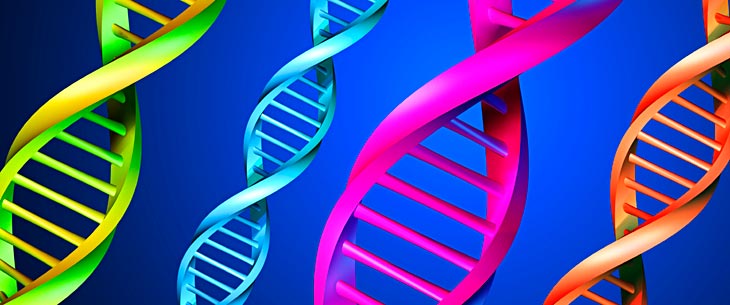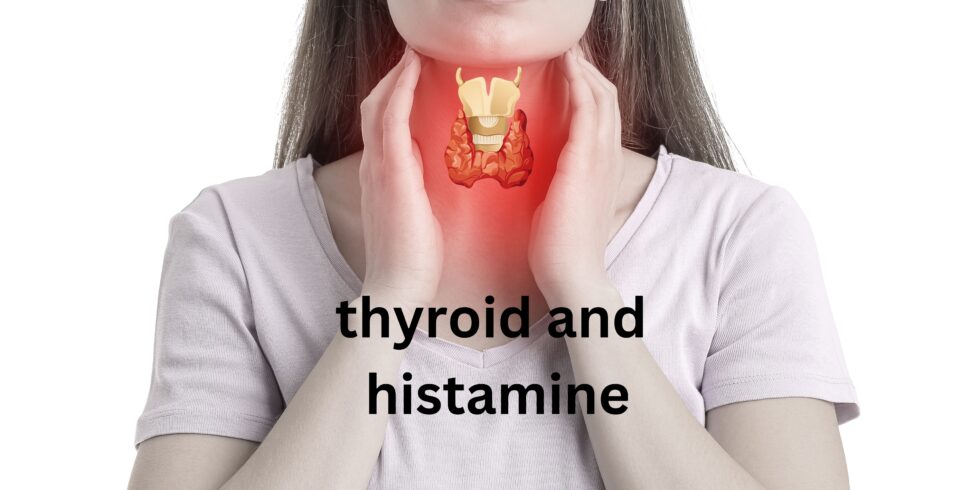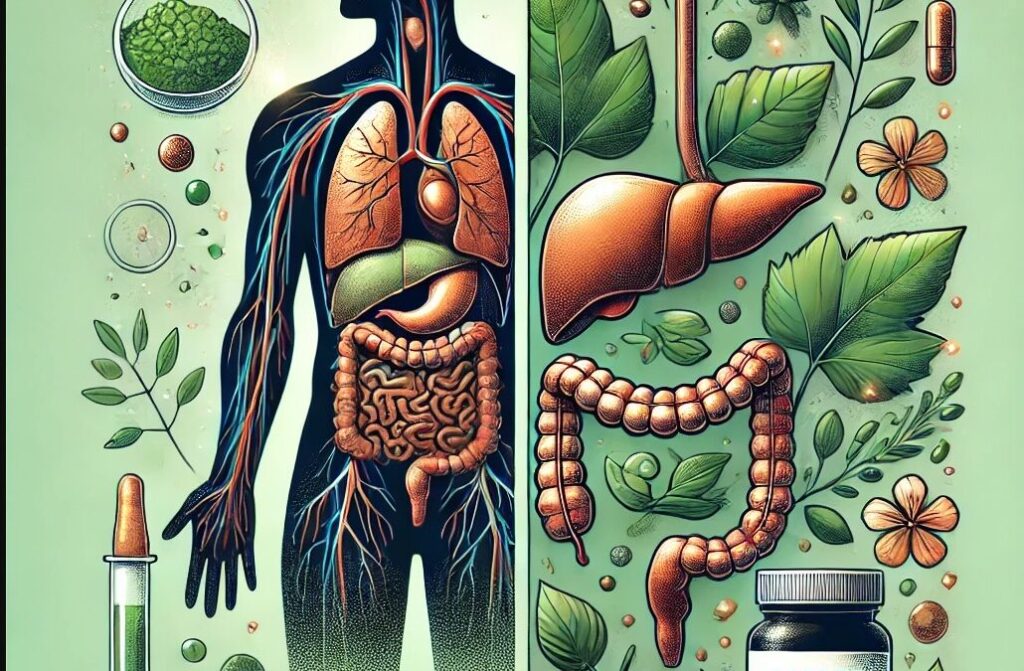There is a rapidly growing world of epigenetics that is going to completely transform your health in ways we cannot even imagine.
The Human Genome Project was launched in 1990 with the goal of identifying and mapping out every single gene in the human genetic code. When the human genome was completed in 2003, entire fields of scientific study opened up. Nutrigenetics and nutrigenomics are just two of the fields to benefit, and to date, thousands of studies have already been performed and published on these topics.
Nutrigenomics research takes a general look at how many nutrients or calories an average person should consume and how certain supplements can affect you. T It is recommended that people find the nutrients that can work for them most effectively. This will help determine the specifically required nutrients by their bodies and find out what works for each genetic type.
Nutrigenomics at a whole looks and evaluates how what we eat affects our genes as well as our overall health. It has the potential to cure diseases and also prevent them through nutrition. When this is discovered as a solution, there will no longer be diet recommendations where people of different shapes and sizes are recommended to one type of solution.
Nutrigenetics, on the other hand, looks at the relationships in genes and diets and how the health of an individual is affected. It is the foundation of nutrition that is personalized and made to fit the person’s vitamin and calorie intake.
Below is a brief summary of these two fields to help you appreciate this revolutionary field to empower you to start to investigate your own genetic tendencies so you can find your optimal diet that leads to YOUR optimal health.
Nutrigenetic diet-gene interaction
A nutrigenetic interaction involves a change in nucleotide sequence that influences how we interact with the environment. “It focuses on the influence that gene variants have on our ability to interact with bioactive molecules in the molecular environment surrounding our cells, and the consequences of that interaction” (Joffe, 2019). Nutrigenetics aims to understand how the genetic background of an individual impact to the diet (Farhud et al, 2010). In essence, nutrigenetics examines how your body response to nutrients based on your genetics (Genetics, n.d.)
Examples
- Inflammation– TNFA -308 G>A. This risk allele is A. The AA genotype results in a two-fold increase in TNA–⍺ transcription and increase in the production of this inflammatory cytokine. As a result, individuals with this SNP are more at risk for low grade inflammation, in the right environment. This genotype is associated with obesity, IR, IBD, dyslipidemia and arthritis (Joffe, 2019).
- Oxidative stress– MNSOD Ala15Val 47 T>C. The risk allele is T. The TT genotype results in 30-40% less enzyme activity, increased superoxide levels, oxidative stress and the conditions associated with oxidative stress- such as CVD, DM, AD.
Nutrigenomic-gene interaction
A nutrigenomic interaction involves the influence of bioactive molecules or activities that interact with genes which *could* influence gene expression. This occurs by either turning genes on (activating gene expression) or turning them off (silencing gene expression). There is no change to DNA sequence so there is no genetic variant as in nutrigenetics. “Nutrigenomics aims to identify the effects of several nutrients, including macronutrients and micronutrients on the genome” (Farhud et al, 2010).
- Inflammation-A diet high in animal fat, particularly linolenic and arachidonic acid, and a deficiency of Omega-3 PUFA can influence gene expression of TNFA. Individuals with AA genotype are more at risk due to two-fold increase in TNFa transcription and subsequent increase in TNFa. A high fat diet can be associated with low grade chronic inflammation and inflammatory conditions such as obesity, IR, IBD, dyslipidemia and arthritis, possibly due to the increased expression of this gene.
- Oxidative stress -Exposure to environmental toxins, oxidative stress and nutrient deficiencies, particularly manganese, can influence gene expression of the MNSOD enzyme. Individuals with the CC genotype are more at risk due to decreased efficiency of MnSOD transport into mitochondria and 30-40% less enzyme activity compared to CC genotype when manganese deficiency or toxins interact with their genes to influence the gene expression.
To learn more about healing form IC naturally, please visit our website: http://ichealer.com If you are looking for self healing, we recently launched our Self Healing IC Course featuring 10 hours of video designed to help you discover your root cause. Once you know your root cause, you can start your healing journey. To find out more information about our exciting new course, please find the information below:
Here is the link to preview the course: http://ichealer.com/online-course/
Here is the Podia Course Page: https://ichealer.podia.com/course
The first module is totally FREE. You have nothing to lose and everything to gain. For more insightful videos on these burning topics, simply subscribe to this page so you can be notified of up to date information.
Join us on Facebook https://www.facebook.com/IC-Healer-103255207780907/
Instagram https://www.instagram.com/ichealerofficial/
Twitter https://twitter.com/ic_healer
References
Farhud D, Zarif Yeganeh M, Zarif Yeganeh M. Nutrigenomics and nutrigenetics. Iran J Public Health. ;39(4):1–14.
Joffe, Y (2019). Nutrigenetics, Nutrigenomic and Personalized Nutrition. [lecture] Retrieved (2019, May 17) from https://learn.muih.edu/courses/8262/pages/week-2-resources?module_item_id=251767 Vitagene (n.d.) What is Nutrigenetics and Nutrigenomics All About? Retrieved (2019, May 17) from https://vitagene.com/what-is-nutrigenetics-and-nutrigenomics/




